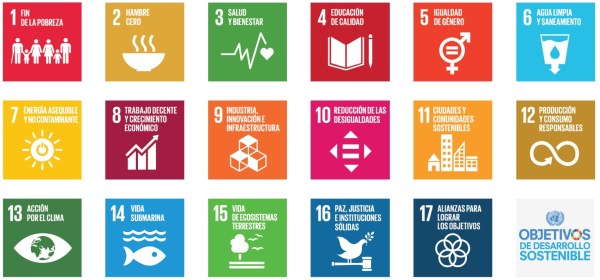Energy Management Policy
Applicable across all Group companies, the policy sets ambitious targets and outlines strategies for continuous improvement, legislative compliance, and stakeholder engagement.

The Energy Management policy sets out the company approach to energy management, including the use of renewable sources, energy efficiency targets, and compliance with energy legislation. Telefónica S.A.’s Energy Management Policy was updated in March 2022.
Objectives and scope of application
The Energy Management Policy, a component of Telefónica Group’s Environmental Policy, outlines the principles of environmental management in relation to energy. The policy aims to establish a standard framework for setting goals and implementing actions. It reflects Telefónica’s dedication to efficient energy consumption and reduction of greenhouse gas emissions, as part of its transition to a net-zero carbon emissions company.
The Energy Management Policy applies to all Group companies. Telefónica, S.A., ensures coordination without affecting each company’s independent decision-making related to their corporate interests and shareholder responsibilities.
Energy management guidelines
Societal energy challenges such as demand growth, climate change, rising costs, and renewable energy development shape Telefónica’s energy management.
All Telefónica Group companies are committed to:
- Implementing continuous energy improvement across the Company through systematic performance evaluation.
- Setting ambitious global and local energy efficiency and carbon emission targets and providing the resources needed to achieve them.
- Moving forward in the use of energy from renewable sources, including electricity (up to 100%) and fuels, and replacing fossil fuels with others from renewable sources.
- Applying common energy management standards, sharing best practices and gradually implementing energy management systems that help reduce energy consumption and optimise process efficiency.
- Ensuring compliance with current energy legislation and other commitments to which the organisation subscribes.
- Gradually incorporating criteria for internalising the cost of energy and carbon, such as the total cost of ownership (TCO) and the internal price on carbon.
- The company is actively engaging with the value chain to encourage progress on energy commitments. One focus is on standards to reduce indirect carbon emissions. This is especially relevant in the supply chain, where we work with our suppliers to reduce their emissions. Another area of focus is customer equipment. Here, we aim to improve both the management and design of equipment. The goal is to increase energy efficiency and reduce associated carbon emissions.
- Communicating this policy and the Company’s energy performance, having our performance verified by an external organisation.
- Collaborating with others to achieve a low-carbon economy, e.g. exchanging practices with industry.
- Fostering greater awareness and commitment to energy consumption and efficiency.
- Using the potential of the digital world to promote energy efficiency and the eduction of emissions among employees, partners and customers.
You can find more information on this policy at the following link:
Related Content
Communication
Contact our communication department or requests additional material.



